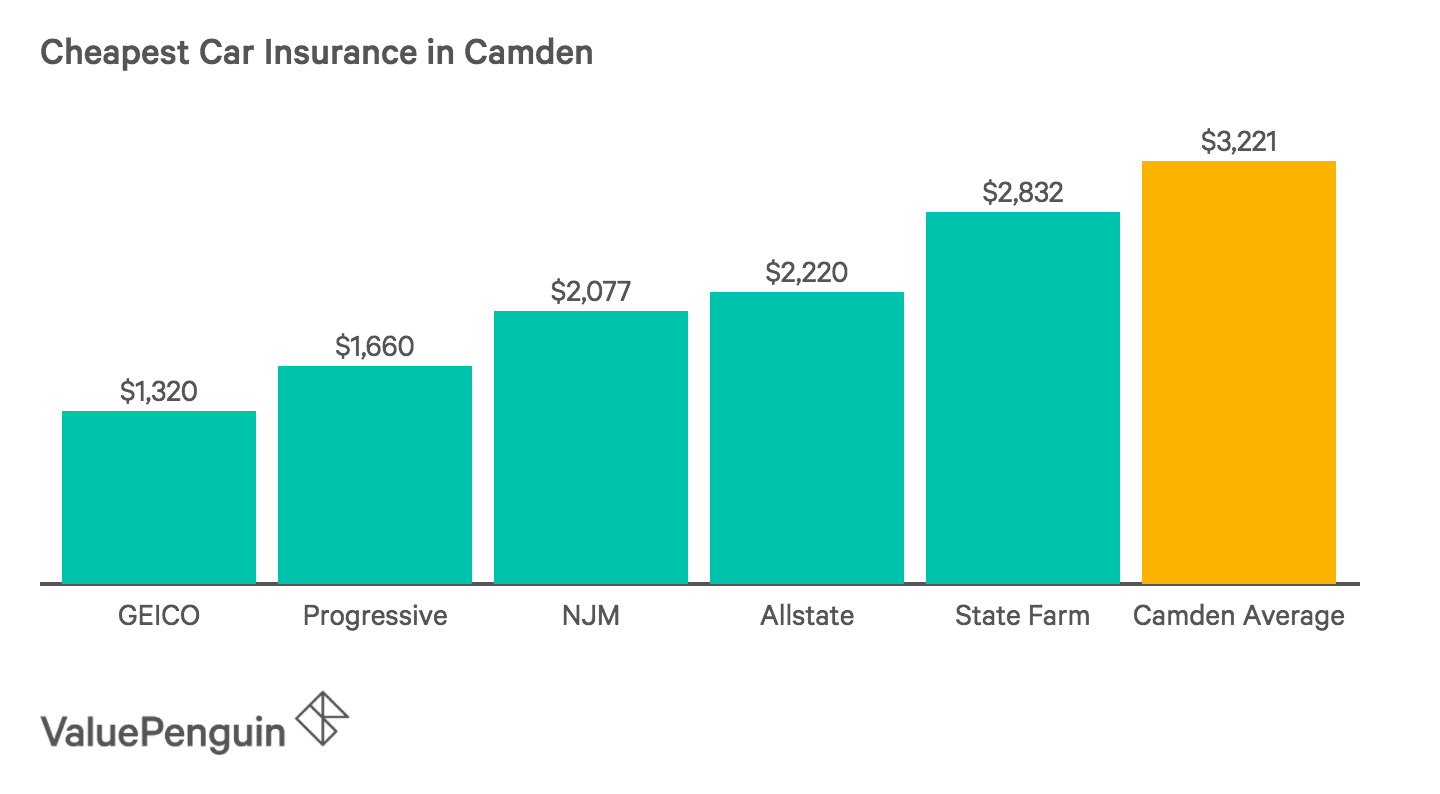Nj Car Insurance Insurance Nj Cheapest Cheap Average Allstate 2226
Car insurance is an essential component of vehicle ownership, particularly in New Jersey, where auto insurance rates are among the highest in the United States. Understanding New Jersey's unique insurance landscape can help consumers make informed choices about their coverage. Below, we explore various elements of NJ car insurance, including types of coverage, factors affecting premiums, current trends, and tips for finding the right insurance.
Understanding Car Insurance in New Jersey

In New Jersey, auto insurance is not just a legal requirement; it's also a critical protection against the financial consequences of accidents, damages, and theft. The state mandates certain minimum coverage levels but also allows for a variety of additional options.
Types of Car Insurance Coverage

New Jersey residents are required to have the following types of coverage:
- Liability Insurance: Covers damages you may cause to other people and their property in an accident.
- Personal Injury Protection (PIP): Pays for your own medical expenses and those of your passengers after an accident, regardless of who is at fault.
- Uninsured/Underinsured Motorist Coverage: Protects you if you're involved in an accident with a driver who has insufficient or no insurance.
- Collision Coverage: Covers damage to your car resulting from a collision with another vehicle or object.
- Comprehensive Coverage: Protects against damage to your car from non-collision incidents, such as theft or natural disasters.
Factors Affecting Car Insurance Premiums

Several factors can influence the cost of car insurance in New Jersey:
- Driving Record: A clean driving record can significantly lower your premiums, while accidents and tickets can increase them.
- Age and Experience: Younger drivers typically face higher rates due to a lack of experience, whereas older, more experienced drivers often see lower rates.
- Location: Areas with high rates of accidents and theft tend to have higher insurance costs. Urban regions generally see higher premiums than rural ones.
- Vehicle Type: Luxury and high-performance vehicles are more expensive to insure, while standard, economical cars often have lower rates.
- Coverage Selection: The amount and type of coverage you choose will directly affect your premiums. Higher coverage limits typically lead to higher costs.
Current Trends in NJ Car Insurance

Recently, New Jersey has been reported as having the highest car insurance rates in the nation, leading many residents to search for more affordable options. This trend highlights the importance of shopping around and considering different insurers. Some insurers may offer competitive rates or unique discounts that cater to specific demographics, such as young drivers or those with multiple policies.
Finding the Right Insurance

Finding the right auto insurance in New Jersey involves:
- Comparing Quotes: Obtain quotes from multiple providers to find the best rate for the coverage you need.
- Assessing Coverage Needs: Evaluate your personal needs based on your vehicle, driving habits, and financial situation.
- Looking for Discounts: Many insurers offer discounts for safe driving, bundling policies, or being a member of certain organizations.
- Seeking Professional Advice: Consider speaking with an insurance agent who can provide tailored recommendations based on your unique circumstances.
To summarize, understanding New Jersey car insurance is vital for every vehicle owner in the state. With the proper knowledge, individuals can navigate their options and choose a plan that best fits their financial and personal needs.
1. What are the legal requirements for car insurance in New Jersey?
The legal requirements for car insurance in New Jersey include liability insurance, personal injury protection (PIP), and uninsured/underinsured motorist coverage. New Jersey law mandates that drivers carry a minimum amount of these coverages to ensure financial protection in the event of an accident.
2. How can drivers lower their car insurance premiums in New Jersey?
Drivers can lower their car insurance premiums in New Jersey by maintaining a clean driving record, opting for higher deductibles, taking advantage of available discounts, and comparing quotes from multiple insurance providers. Additionally, enrolling in safe driving courses can qualify drivers for further premium reductions.
3. What should consumers consider when choosing an auto insurance provider in New Jersey?
Consumers should consider the provider's financial stability, customer service reputation, claims handling process, and the variety of coverage options available when choosing an auto insurance provider in New Jersey. These factors can greatly impact their overall satisfaction and security in the event of a claim.